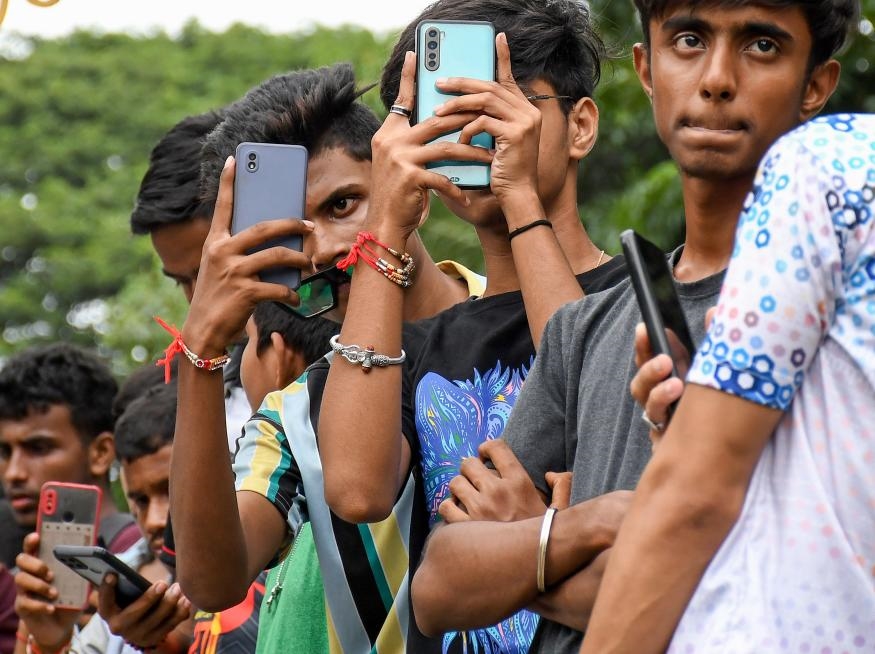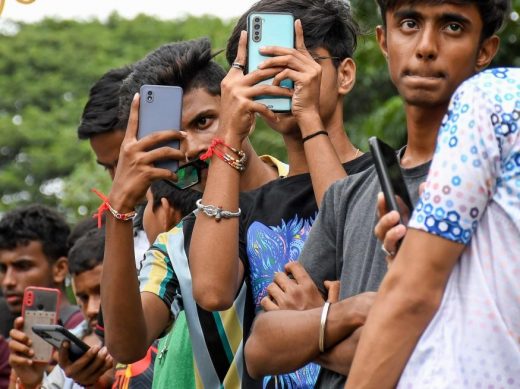Google asks India’s Supreme Court to block $161.9 million Android antitrust ruling
Google fined $161.9 million in India over ‘anti-competitive’ Android policies
Google is facing another fine for allegedly misusing its control of Android to suppress competition. CNET reports India’s Competition Commission has fined Google the equivalent of $161.9 million for supposedly giving its Android apps an edge using restrictive terms. The company imposes an “unfair condition” on phone makers by requiring that they preinstall Google apps as part of agreements, according to officials. That, in turn, is said to discourage companies from developing heavily modified Android variants that rely less on Google services.
The Commission also maintains that Google is wielding its “dominant position” to squeeze out competitors in search, app stores, web browsers and video services. Historically, Google has required that phones with the Play Store installed also include apps like Chrome and YouTube, often with prominent placement on the home screen. While you can always install alternatives like Firefox and Vimeo, they’re not included out of the box. Brands can use the Android Open Source Project (AOSP) if they want more flexibility, but they lose access to the Play Store in the process.
The regulator has issued a cease and desist order barring Google from requiring a “bouquet” of preinstalled apps. Companies have to be given the choice of which apps they want. Google also isn’t allowed to deny access to the Play Services framework, to include “anti-fragmentation” clauses that bar Android forks, or to offer incentives in return for exclusive search deals. Third-party app stores must be allowed to distribute through the Play Store. Users, meanwhile, must have the power to choose their search engine on setup and to uninstall Google apps they don’t want.

Google has declined to comment until it receives the official Commission order. The investigation began in 2019, but didn’t determine that Google had abused its dominance until September 2021.
The fine is tiny for Google, which made about $257.6 billion in worldwide revenue last year. The order could force it to significantly alter its deals with Android manufacturers, however, and comes after South Korea, the European Union and others have demanded similar changes. And Google can’t afford to ignore India — it’s the second-largest smartphone market on Earth with about 606.6 million users. A forced withdrawal would significantly damage Google’s bottom line, not to mention clout in the mobile industry.
(19)



